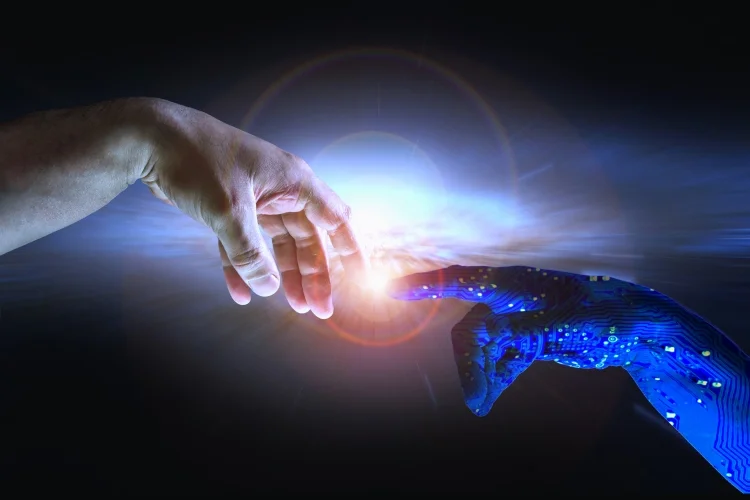Below is a collection of articles by James Heim which discuss various aspects of our technology culture.
Over the last 200 years technology’s capabilities have been increasing very quickly – particularly so since World War II. In doing so, technology’s relationship with humanity is gradually shifting. The supportive role that technology had in our human endeavors is bit by bit changing into one that increasingly domineers our human existence.
Interview - We often discuss the benefits of having GPS tracking or maintenance and uptime solutions, but are there downsides to employing the latest technologies that need to be taken into account? By implementing multiple solutions, are we losing important human interactions or reducing job availability?
By increasingly submitting human life to technologically defined processes and systems, our ICTs reach deeper into our lives, systematically channeling them, and thus making them become more standard. Our ICTs also make our lives more transparent and accessible; not only for family and friends, but also for governments and corporations.
“Progress has never been a bargain. You have to pay for it. Sometimes I think there’s a man who sits behind a counter and says, ‘Alright, you can have a telephone, but you lose privacy and the charm of distance. Mister, you may conquer the air, but the birds will lose their wonder and the clouds will smell of gasoline.’”
The many trade-offs of technology use are particular to their respective fields. The basic, underlying challenge however is always the same: to minimize technology’s negative effects on our lives. Three basic perspectives are presented in this article that can help us ensure that technology influences our lives in positive ways.
A consensus developed regarding unintended effects of technology use concering our natural environments. Yet regarding effects that impact humanity’s essence, there is still little awareness. In this article three basic trade-offs concerning the human experience are discussed as well as examples of some of the resulting unintended consequences.
Even in most difficult circumstances we have a choice. Yet regarding technological development – the key area of human endeavor in our times – it is regularly implied, that we have no choice other than to follow the inherent dynamics of technology’s evolution and consume its products. Swiss novelist Max Frisch once remarked, that the dignity of humans lies in free choice.
With the first steps towards a new technology a kind of cultural knee-jerk reaction sets in and a more or less linear path is eagerly imagined by which that technology must be improved and applied. Human values and our ability to consider essential tradeoffs do not play a part in these visions.









When we think of Albert Einstein or Stephen Hawking, what comes to our minds? We would probably first think of Einstein’s glowing white hair and Hawking’s famous computer-generated voice, and that both are world-renowned physicists. But regarding our human circumstances and destiny, are we paying attention to the most relevant aspects of their insights?